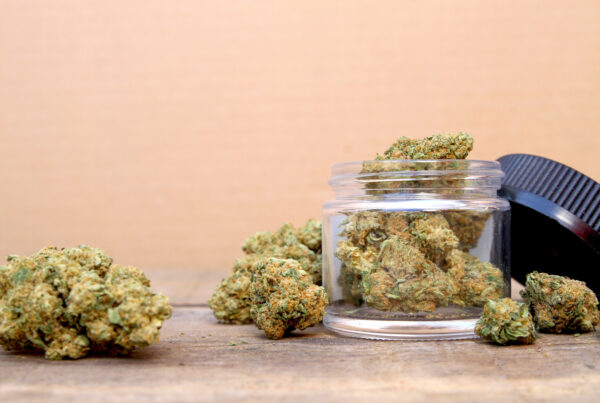How Long Does Percocet® Stay in Your System? (2025 Guide)
Percocet® is a prescription opioid that contains a combination of oxycodone and acetaminophen. It is used for moderate to severe pain but has a high risk for dependence and misuse. Many people want to know how long Percocet® stays in the body, especially for drug testing, safety, and withdrawal concerns.
On average, Percocet® stays in your system for 1 to 4 days. However, detection time varies depending on the type of drug test, dosage, metabolism, liver health, and whether the medication is taken regularly or only occasionally.
Percocet® Detection Times by Test Type
Here are the typical detection windows for oxycodone in Percocet®:
| Test Type | Detection Window |
|---|---|
| Urine | 1 to 4 days |
| Blood | Up to 24 hours |
| Saliva | 1 to 2 days |
| Hair | Up to 90 days |
More frequent or heavy use may extend detection times. Hair tests are the longest lasting, while blood and saliva tests are the shortest.
Percocet® Half Life
The half life of oxycodone in Percocet® is approximately 3.5 to 5.5 hours. For most people, it takes about five half lives for a drug to fully clear the bloodstream, meaning oxycodone may remain present for up to 24 hours even after one dose.
- Immediate-release oxycodone: shorter duration
- Extended-release oxycodone: can last up to 12 hours
Acetaminophen clears more quickly, usually within 24 hours, but does not affect opioid detection.
Factors That Influence How Long Percocet® Stays in Your Body
The following factors can change detection time:
- Age – older adults metabolize opioids more slowly
- Liver health – oxycodone is processed by the liver
- Kidney function
- Metabolic rate
- Dosage strength
- Frequency of use
- Body mass and hydration
People who use Percocet® daily or in high doses typically have longer detection times due to accumulation in fatty tissues.
How Long Do the Effects of Percocet® Last?
Percocet® effects depend on the formulation but typically last:
- Immediate-release: 4 to 6 hours
- Extended-release oxycodone: up to 12 hours
Common effects include relaxation, reduced pain, slowed breathing, and drowsiness.
Is Percocet® Addictive?
Yes. Because it contains oxycodone, Percocet® is a Schedule II controlled substance. Even when taken as prescribed, tolerance and physical dependence may develop.
Signs of misuse may include:
- Taking more than prescribed
- Cravings for the medication
- Doctor shopping
- Personality or mood changes
- Withdrawing socially or hiding use
- Running out of medication early
Percocet® Withdrawal Symptoms
Stopping Percocet® suddenly can cause withdrawal symptoms because the drug affects the brain’s reward pathways.
- Anxiety
- Muscle aches
- Chills or sweating
- Nausea or vomiting
- Diarrhea
- Restlessness
- Insomnia
- Runny nose or watery eyes
Withdrawal typically begins within 8 to 24 hours after the last dose and lasts up to 10 days for most people.
Related Educational Resources
- How Long Oxycodone Stays in Your System
- Codeine vs Hydrocodone
- Hydrocodone Detection Guide
- 5 Types of Drug Addiction
Treatment for Percocet® Dependency
If Percocet® use is creating problems in your life, help is available. Treatment can reduce cravings, ease withdrawal, and address the underlying causes of substance use. The Heights Treatment Center offers several evidence-based programs that support long-term recovery.
Our treatment options include:
- Partial Hospitalization Program (PHP)
- Intensive Outpatient Program (IOP)
- Psychiatric care and medication management
- Cognitive Behavioral Therapy (CBT)
- Dialectical Behavior Therapy (DBT)
- Dual diagnosis treatment
Call (832) 979-3625 or visit The Heights Treatment to schedule a confidential assessment.
Sources
- National Institute on Drug Abuse – Prescription Opioids
- Oxycodone Pharmacokinetics – PubMed
- CDC – Opioid Basics





